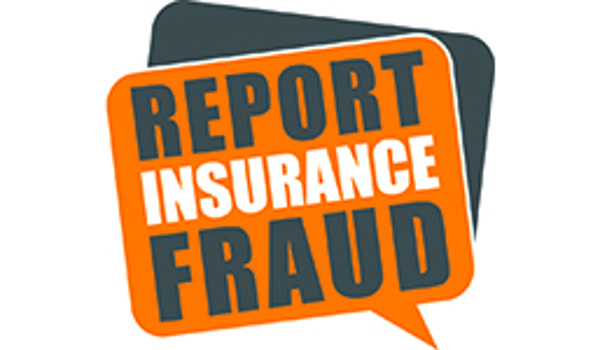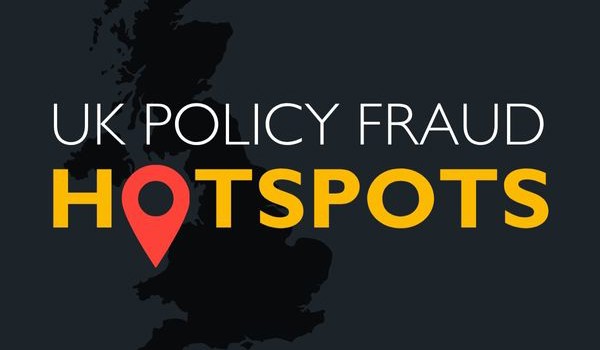Victim of impersonation advice
(identity theft)
Have you had an insurance policy or claim fraudulently taken out in your name?
Stolen identities are used by criminals for a wide range of scams and this has a devastating impact on victims. If you think your details have been compromised, take immediate action to protect yourself.
I'm worried my details are being used in an insurance scam
If you think your personal information has been fraudulently used for an insurance application or claim, you should report it to our confidential CheatLine online or via 0800 422 0421. By reporting fraud you can help us identify fraudsters and with the support of regulators and police bring them to justice.
If you also know the names of any insurers impacted by the fraudulent activity, we also encourage you to contact them directly and explain what has happened.
What else can I do?
We recommend you close or change the passwords of any personal accounts you think have been compromised as part of the scam and inform the organisations associated with these accounts. For example, if you believe your bank account was compromised as part of an insurance scam, you should tell your bank.
You can also apply for a protective registration with Cifas so financial organisations carry out enhanced checks if someone tries to use your information again.
If you have been a victim of identity theft that is unrelated to insurance fraud, this can be reported to Action Fraud. Cifas also has further guidance.
Why would an insurance fraudster want to impersonate me?
Drivers who are cheaper to insure are more likely to be impersonated by Ghost Brokers, as they’ll take out policies in victims’ names and doctor these to sell them on at higher prices.
Misrepresented motor insurance policies are also used by fraudsters to facilitate dangerous Crash for Cash scams and to insure vehicles linked to serious crime such as county lines activity.
In other cases, it may be that a fraudster impersonates someone to hijack their insurance account and make fraudulent claims to receive compensation; this may be by claiming the victim has caused an accident or by making a claim and changing payment details.
How can I protect my personal information?
Fraudsters can attempt to impersonate someone with just a few stolen details and this can be used for most frauds; including insurance, banking and credit fraud.
Victims may even be pursued by third parties looking to recover costs of financial arrangements made in their name, which can impact their credit score and future access to financial services.
Simple measures can make a big difference:
- Create strong unique passwords for personal accounts.
- Avoid publicly sharing personal details on social media.
- Only make purchases through legitimate retailers’ websites and be wary of any person or organisation asking to use your bank details.
- Protect personal devices by installing the latest software and app updates, and where possible opt to use two-factor authentication.
- Avoid phishing attempts which encourage you to click on links and open files.


